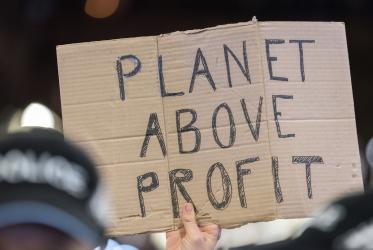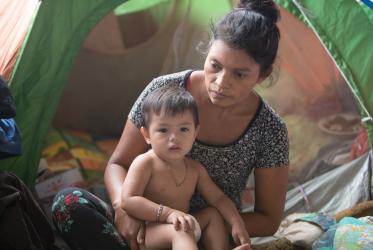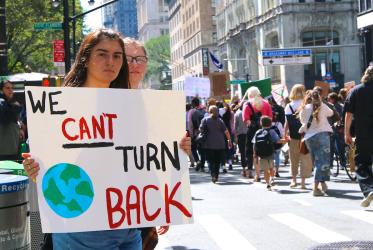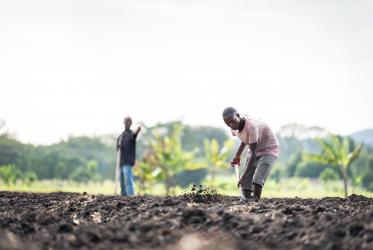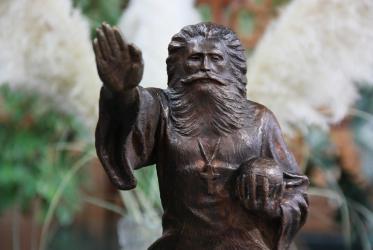Displaying 1 - 20 of 21
22 February 2024
Faith leaders urge action at UN climate talks
02 December 2015
UN Climate summit results vital for world’s future
26 November 2015
Churches to pray for care of creation
20 August 2015
Durban outcome is not enough, says WCC
13 December 2011
Bells ring a wake-up call for climate justice
14 December 2009




